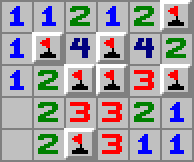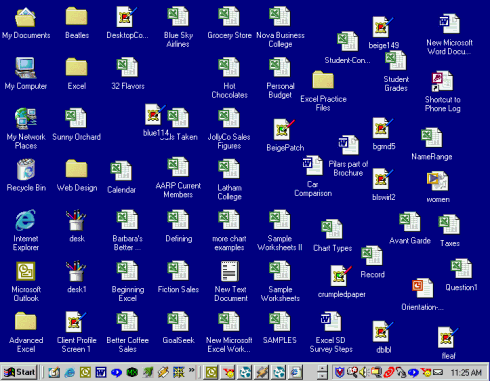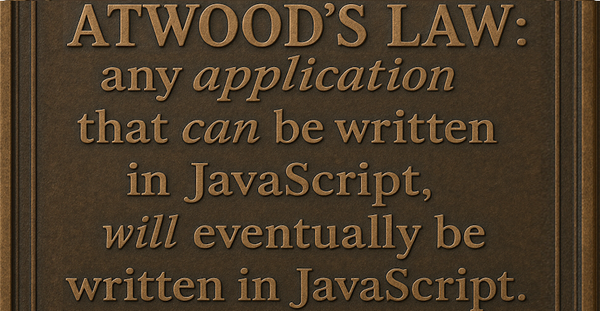
c++
Falling Into The Pit of Success
Eric Lippert notes the perils of programming in C++: I often think of C++ as my own personal Pit of Despair Programming Language. Unmanaged C++ makes it so easy to fall into traps. Think buffer overruns, memory leaks, double frees, mismatch between allocator and deallocator, using freed memory, umpteen dozen









